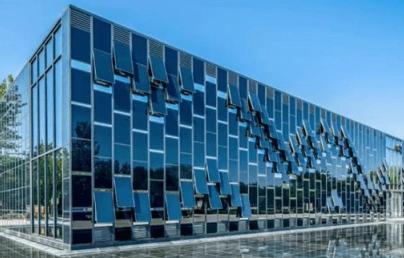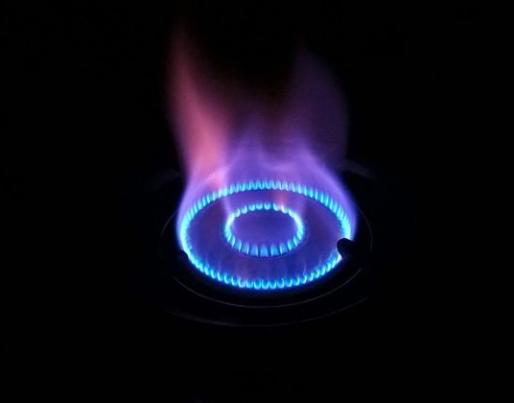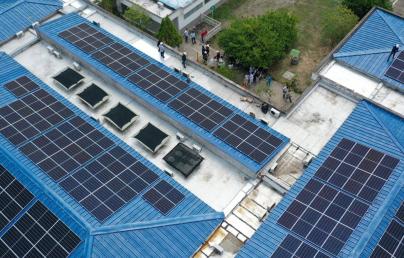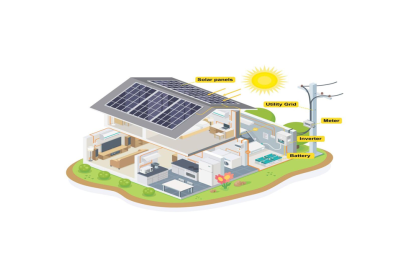
Can heat pumps free Europe from Russian gas dependency?

Can heat pumps free Europe from Russian gas dependency?
Energy efficiency measures will be faster and easier than diversification when it comes to reducing dependence on Russian gas. Heat pumps, which are more efficient than gas boilers and fuelled by an increasingly renewable electricity mix, could be key to energy security.
In April 2022, a group of nine environmental organisations sent a letter to European Commission President Ursula von der Leyen calling for an end to sales of new gas boilers. If properly implemented, such a ban could completely end the €1bn the EU spends on Russian energy imports every day – not by finding alternatives but by using less energy.
“Coupled with improved energy efficiency [more broadly], a massive uptake of heat pumps is our best shot to cut the EU’s dependence on Russian gas – and stop funding the invasion of Ukraine,” says Marco Grippa from ECOS, an NGO focused on environmental standards and one of the letter’s signatories.
The European Commission is currently revising the ecodesign rules for water and space heaters, which establish the requirements that heating appliances must meet to be allowed in the EU single market. It is also considering changing the rules for energy labels on home boilers, downgrading all fossil fuel boilers to the lowest energy categories of F and G.
Grippa says it should go much further in response to the Ukraine War, opting instead for a full phase-out of gas, oil and coal-fuelled boilers by establishing a minimum efficiency level of 110% for heating appliances to be allowed on the EU market. That would effectively prevent the sale of all fossil fuel appliances. This, he says, would be in line with the International Energy Agency’s (IEA) call last year for governments to phase out fossil fuel-based heating by 2025.
A recent study by the EU’s Joint Research Centre suggested an EU phase-out of fossil fuel boilers by 2025 would result in 30 million tonnes of annual CO2 savings by 2030.
Read the full article here.

